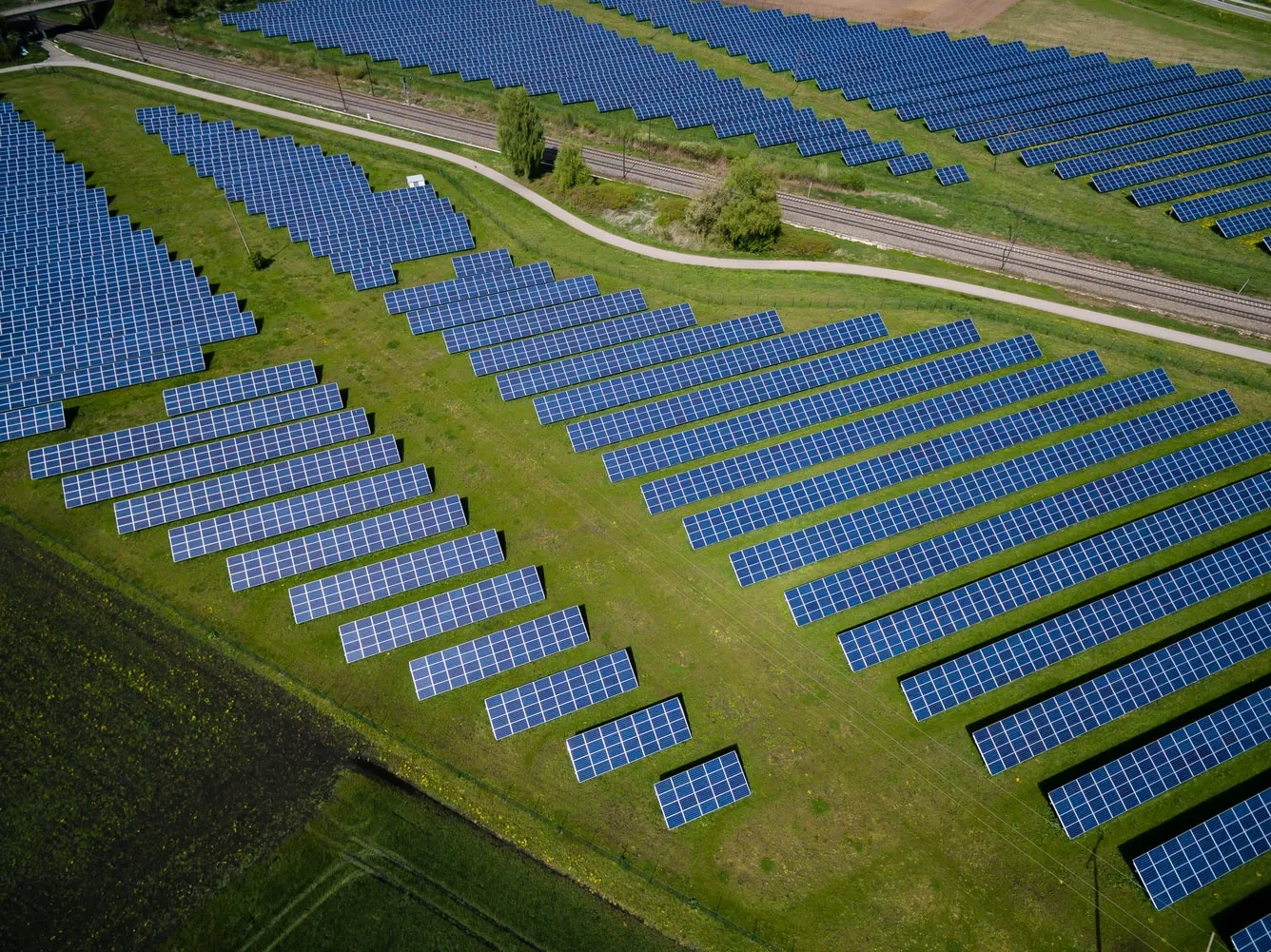On the 8th of March this month, the EU launched its first communication outlining the RePower EU plan. The plan aims to make Europe independent from Russian imported fossil fuels before 2030 with a priority on Gas in light of Russia’s invasion on Ukraine.
The EU have proposed a two pronged approach to phase out Russian imports and reliance on fossil fuels and provide protection against price shocks by accelerating the EU green transition.
In the short term the commission have proposed to address the emergency directly through price mitigation, state aid and preparation for the coming winter.
Executive Vice-President Timmermans recognised in his press statement that these changes will not happen overnight which is why there is a need to prepare for next winter. The EU has proposed a plan that will require all gas storage facilities in the EU to be filled to 90% capacity. (However this number has been since been lowered to 80% for 2022, and 90% for subsequent years in the proposal for a regulation published on the 22nd of March) this had placed Ireland in an unusual situation as the island does not have any operational gas storage (Kinsale ceased operation in 2017, and Islandmagee in Antrim has a project end date for 2029). Making Ireland reliant on a third country for Gas supply. There remains a great deal of uncertainty around Ireland’s role surrounding gas supply in the EU. However since the RePower initial communication further clarity has been brought to light in the Proposal for a Regulation Document published on the 22nd of March.
Under RePower EU, elimination of EU dependence on Russian Fossil Fuels, can be achieved in the mid to long term by a diversification of gas supply, reducing industry and public reliance on fossil fuels through electrification.
LNG and pipeline imports from non-Russian suppliers, and higher use of biomethane and hydrogen were the points discussed under gas diversification. . Ireland is exploring diversification of gas supply through biomethane injection as part of a Gas Network Ireland’s target to deliver 20% of Ireland’s gas supply by 2030 and 50% by 2050. Hydrogen was also in the mix of diversification options. The Commission plans to develop the regulatory framework and support the development of an integrated gas and hydrogen infrastructure along with hydrogen storage and port facilities which would further help decarbonise industry in the EU.
Further reduction in EU dependence on n fossil fuels can be achieved through accelerated rollout of solar, wind, and doubling the pace of heat pump deployment and energy efficiency. Notwithstanding the limitations in supply of raw materials, which was one of many challenges to Ireland meeting its Energy Efficiency Obligation Targets over the course of the pandemic. However Ireland’s National Retrofitting Scheme announced in early February of this year has offered timely incentives and support for Irish homes and businesses to improve energy efficiency. The need for faster permitting for RES projects was also highlighted in the communication. As statement which largely echoes the sentiment of the wind sector in Ireland.
If there is one thing that can be taken from this communication is the urgency for practical action among member states. It is a fast evolving space which calls for resilience and solidarity among member states including Ireland.

